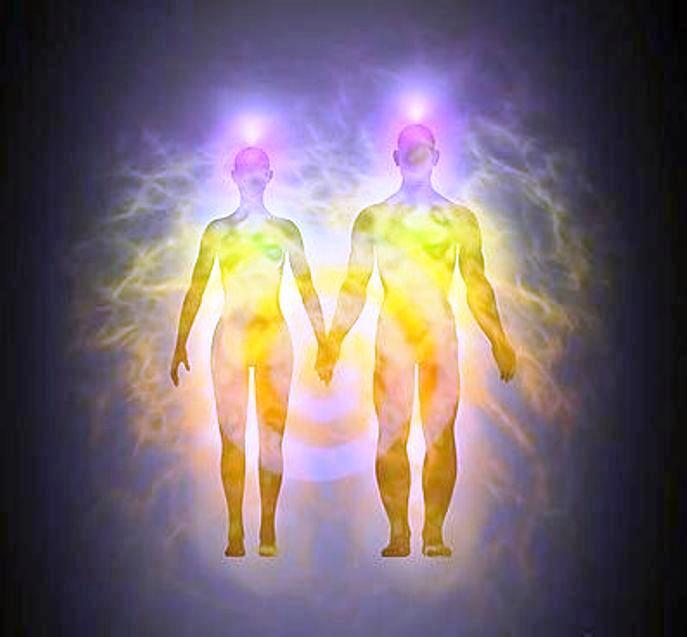Under a high cast sky, the unseen sun shimmers off the undulating surface of the stream, turning the fast-flowing creek into a silvery ribbon in the late afternoon light. It holds the eye and cleanses the heart.
The continuity of thought/time denies the peace of timelessness. The slender thread of life has no continuity. Meditation is the ending of the psychological continuity of thought and time.
Think tanks, whether conservative or progressive, are past their use-by date. Think tanks are inherently thought-based groups of people focused on particular issues from a shared set of beliefs and opinions. Is there is another form of thinking together altogether, befitting our age and the multi-level crisis humankind faces? Yes, I call them insight pools.

Insight is often confused with intuition, and most philosophers define both as “a criterion that consists of judgment without recourse to reasoning from facts…an assumed truth issuing from an unknown or unexplained source.” They allow that “many persons gain intuitive insights which later prove to be true.”
The quote is from William and Mabel Sahakian, academic philosophers who go on to say, “intuition [insight] as a criterion of truth suffers from two major objections: 1) It is not available when needed, and cannot be depended upon in given situations in the same manner that reason may be employed. 2) Intuitions [insights] are, are best, potential sources of truth, not tests.”
In these two paragraphs we have a description of the core mistake of Western philosophy, at least since the Enlightenment, which privileges reason over insight—after disparaging insight by making it synonymous with intuition.
Insight and intuition are two completely different and distinct phenomena. An intuition is “a thing one knows, or considers likely, from instinctive feeling rather than conscious reasoning.”
Without falling into an infinite regress by trying to define ‘instinctive feeling,’ intuitions spring from experience that bypass reason, whereas insights arise when experience and knowledge are held in abeyance.
Because the moon is so much smaller than the earth, when astronauts stood on its surface they could see that they were standing on a sphere. They didn’t use reason to deduce the moon is a sphere, as the ancient Greeks did with the earth; they directly perceived it.
Insight is essentially the same thing. As such, I maintain that insight is the only thing we can truly rely on. Not reason, knowledge, experience, or even scientific laws and fact, and certainly not beliefs, ideologies and ideas.
Reason isn’t reliable, because 1) it is completely ‘from the head,’ and doesn’t include the heart; and 2) because faulty premises always lead to false conclusions.
Though insights need to be tested, they are basically pre-verbal direct perceptions that ensue from remaining with a question or a fact.
So insight ensues from the facts, and indeed, arises from continually questioning what the facts are. Reason assumes or presumes the facts, and eschews questioning in favor of logical processes.
This speaks to the difference between a think tank and an insight pool. A think tank depends on reason; an insight pool relies on mutual questioning and uncovering, in a spirit of inquiry and affection, our premises and hidden assumptions, with the intent to ignite shared insight.
Shared insight is the highest act that human beings are capable of together. It is also the rarest, because while we have many bases of agreement and action, they all depend on a commonality of belief and opinion, while shared insight denies such commonality as false and inadequate.
A healthy child will always ask questions. Adults generally see it as their job to condition that tendency out of children. That is a huge mistake, since the day we stop questioning is the day we start inwardly dying.

Though the idea has crept into Western pretensions of enlightenment that illumined human beings have ceased questioning, the truth is that except in the deepest states of meditation, illumined human beings don’t stop questioning. To be alive is to question.
An example of a question an insight pool might ask is: Why, if we humans can build computers that replicate higher thought, are we unable to radically change ourselves and live harmoniously with and on the Earth?
There is no answer or conclusion to such a question, just possible insights and understanding. Insights are tested by seeing if they ‘hold up’ to reason, knowledge and time. Therefore one’s basic orientation in life is: I’ll stick with insight as a first principle.
If we honestly, humbly and passionately ask a question, and leave it alone, it is a seed that burrows into the rich soil of the mind. Then, often when you least expect it, insight germinates.
Descartes said, “There’s nothing so far removed from us as to be beyond our reach, or so hidden that we cannot discover it.” It’s insight that allows us to do so. Is the mind of God in state of insight, which is synonymous with ongoing creation?
Martin LeFevre
Lefevremartin77 at gmail.com
Fountainoflight.net

